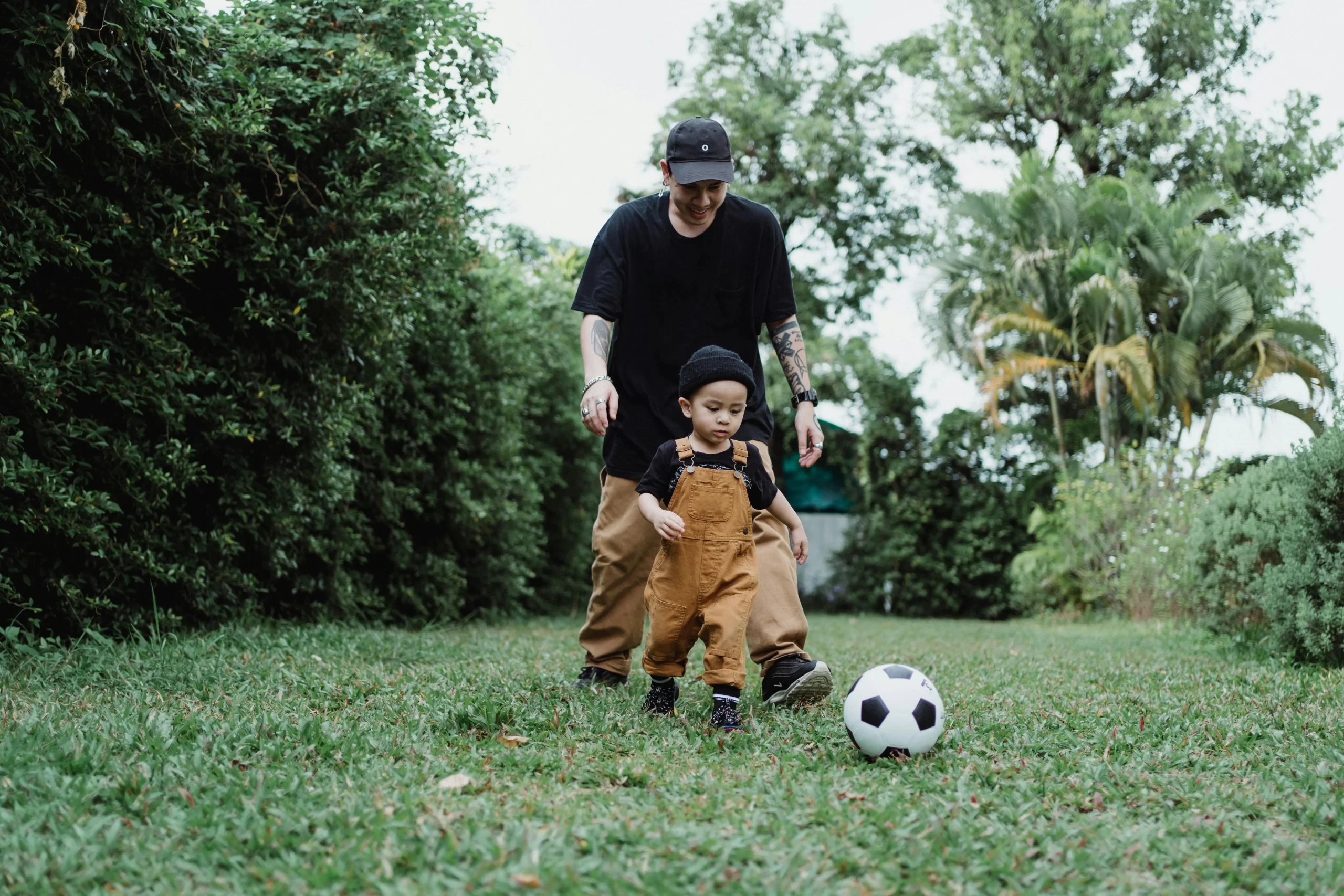Ultimate Guide To Rest And Recovery For Athletes
As parents of young athletes, we often find ourselves caught up in the excitement of practices, games, and competitions. We cheer them on, celebrate their victories, and encourage them to push their limits. However, amidst all this enthusiasm, we sometimes overlook a crucial aspect of athletic performance: rest and recovery. Many young athletes underestimate the importance of taking breaks, which can lead to injuries, burnout, and even a decline in performance. In this post, I’ll explore why rest is essential for your child’s athletic journey and how you can help them prioritize it.
The Importance of Rest and Recovery
- Understanding Physical Stress
Every time your child trains or competes, they put their body under physical stress. This stress is necessary for improvement, but without adequate recovery, it can lead to fatigue and overuse injuries. When muscles are pushed to their limits, tiny tears occur. Rest days allow these muscles to heal and grow stronger. - Mental Health Matters
Athletic performance isn’t just about physical capability; mental health plays a significant role too. Continuous training without breaks can lead to mental fatigue, anxiety, and burnout. Your child needs time to recharge mentally, just as much as they do physically. - Sleep is Non-Negotiable
Sleep is one of the most vital components of recovery. During sleep, the body repairs itself, and growth hormones are released. Young athletes should aim for 8-10 hours of quality sleep each night. If your child struggles with sleep, consider establishing a bedtime routine that promotes relaxation, such as reading or gentle stretching.
Steps to Prioritize Rest and Recovery
To ensure your young athlete understands the importance of rest, consider implementing the following steps:
- Educate on the Benefits of Rest
Start by explaining the benefits of rest days and proper sleep. Discuss how recovery helps improve performance and reduces the risk of injury. Use relatable examples from professional athletes who prioritize rest. - Create a Balanced Schedule
Help your child develop a training schedule that includes rest days. A common misconception is that more practice equals better performance. Instead, a balanced schedule that incorporates rest is more effective.
- Training Days: Focus on skill development and conditioning.
- Rest Days: Engage in light activities like walking or yoga, which promote recovery without straining the body.
- Encourage Active Recovery
On rest days, encourage your child to engage in active recovery. This can include light activities that keep them moving without intense exertion. Options like swimming, cycling, or leisurely walking can help maintain fitness while allowing their body to recover. - Incorporate Relaxation Techniques
Teach your child relaxation techniques to help them unwind. Practices such as deep breathing, meditation, or gentle yoga can significantly reduce stress levels. - Monitor Sleep Hygiene
Encourage good sleep hygiene by creating a conducive sleep environment. Ensure their bedroom is dark, quiet, and cool. Limit screen time before bed, as the blue light emitted by devices can interfere with sleep quality. - Listen to Their Body
Teach your child to listen to their body. If they feel fatigued or experience pain, it’s crucial to take a break. Encourage them to communicate openly about how they feel physically and mentally.
Troubleshooting Common Issues
Even with the best intentions, your child might struggle to prioritize rest and recovery. Here are some common issues and how to address them:
- Resistance to Rest Days: If your child resists taking a break, remind them that rest is part of training. Share stories of athletes who faced setbacks due to burnout or injury from overtraining.
- Sleep Difficulties: If your child has trouble sleeping, consider evaluating their daily routine. Are they consuming caffeine too late in the day? Are they overly stimulated before bedtime? Adjusting their habits can lead to improved sleep.
- Stress Management: If your child feels overwhelmed, help them find effective stress management techniques. Encourage them to engage in hobbies or activities they enjoy outside of sports.
Best Practices for Parents
As a parent, you play a crucial role in your child’s understanding of rest and recovery. Here are some best practices to keep in mind:
- Model Healthy Behavior: Demonstrate the importance of rest in your own life. Show your child that taking breaks is essential for everyone, not just athletes.
- Celebrate Rest Days: Make rest days special. Plan family activities that are low-key and enjoyable, reinforcing the idea that relaxation is valuable.
- Stay Informed: Educate yourself about the latest research on sports science and recovery techniques. Being informed allows you to guide your child effectively.
Conclusion
Rest and recovery are vital components of your young athlete’s training regimen. By understanding the importance of rest, you can help your child avoid injuries and burnout.




